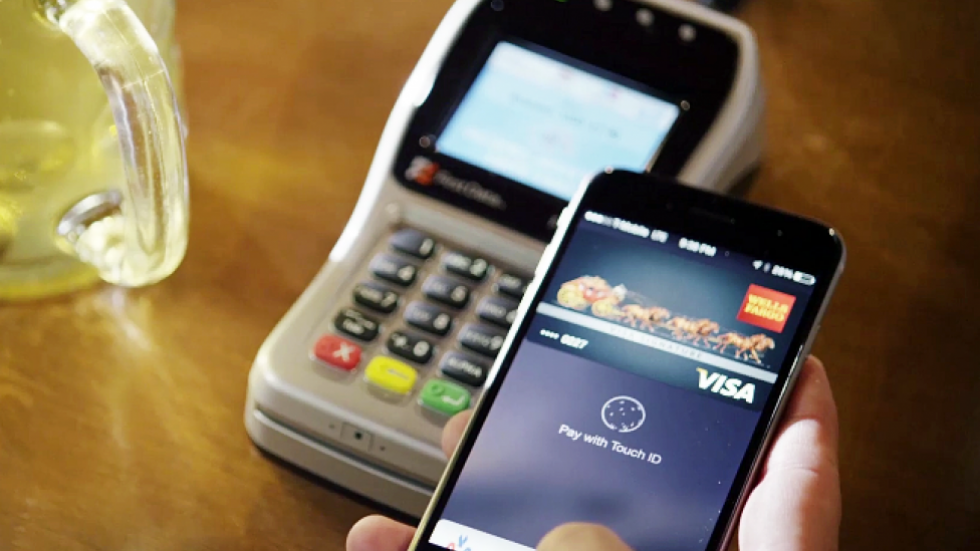
Visa, the global leader in payments, today launched the 4th edition of its annual Card Security Week campaign in Kenya. This year’s campaign focuses on raising awareness on the multiple layers of security in place to protect cardholders from fraud when making payments in store, online or through mobile.
“As fraudsters and their methods become more sophisticated, the cards industry must stay updated on potential risks and counter them with measures to predict and prevent fraud,” said Visa General Manager, East and Southern Africa, Jabu Basopo. “The adoption of EMV-enabled or chip-enabled cards, tokenization and point-to-point encryption are technologies that will positively shape the card industry in the coming years.”

The global shift towards chip-based EMV cards is the solid foundation for fraud protection. The chip serves as a microprocessor embedded in plastic payment cards or mobile phones. Unlike magnetic stripe cards, the data on the chip is dynamic and changes with every transaction, making it complex for criminals to create counterfeit chip cards or fraudulent transactions. The result is that consumers can complete transactions confidently, knowing that their information is secure.
Tokenization further protects a cardholder’s information by replacing it with a digital alias or “token” that has no value if stolen. This means that if a token is stolen or intercepted in the payment process, the data is worthless. Furthermore, tokens simplify the purchasing experience for consumers by eliminating the need to enter and re-enter the account number when shopping online.
Point-to-point encryption (P2PE) provides an added layer of security that protects the cardholder when transmitting data across the payment chain. This encryption method masks the cardholder’s 16-digit account number in such a way that only legitimate entities such as Financial Institutions, e-commerce payment processors and Visa can unlock and read it. Visa offers its own encryption service, Visa Merchant Data Secure, which has been available to acquirers and their merchants since early 2013.
Companies can also take advantage of data within their existing network systems to develop additional security measures.
“Today’s complex global payment systems are immersed in vast amounts of data, which is being used to develop an additional layer of defence that detects fraudulent transactions before they take place,” said Basopo. “Data or Big data, is one of the strongest resources that a card payment network can leverage, and additional layers of defence can be built by creating a profile of potential risks and a general risk assessment.”
Visa continues to make advances in spotting fraudulent purchases in real-time through predictive analytics. In a split second, Visa analyzes multiple data sets such as past transactions, whether the account has been involved in a data compromise, global fraud trends, and nearly 500 other pieces of data to create a risk score. This intelligence helps identify criminal patters and prevent fraud before it happens. Visa’s global fraud rate is near historic lows.
